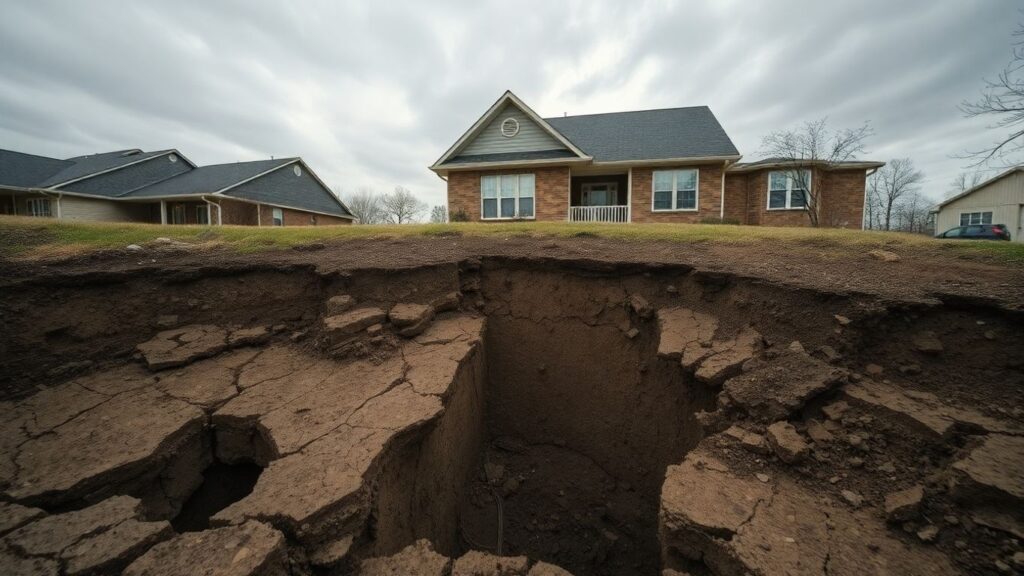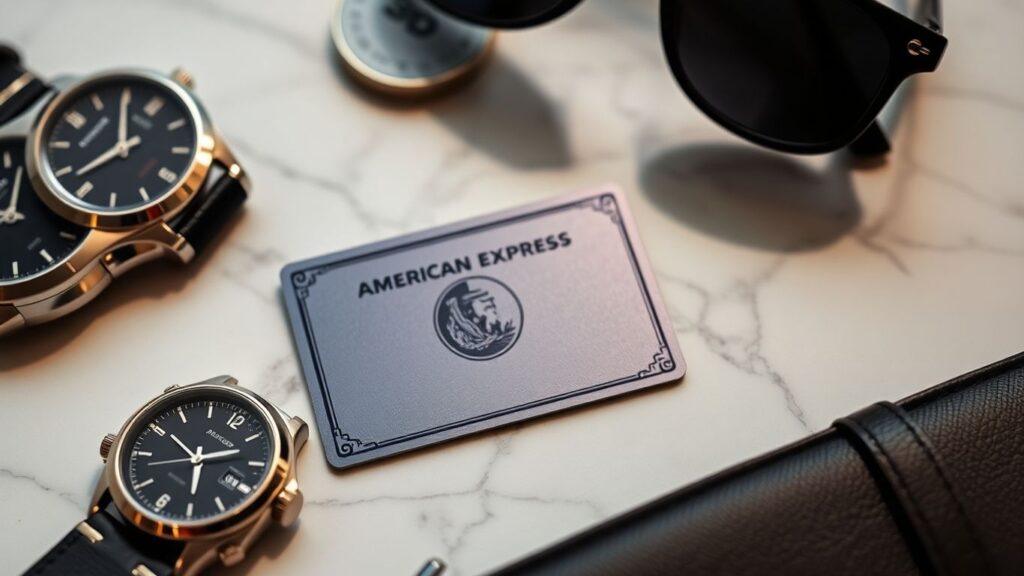The Middle Class Was Never Real: A Look at the Illusion of Stability

It seems like just yesterday, people were lining up for the latest gadgets, acting like they’d survived a hurricane when really, they were just surviving the latest round of debt. This whole scene felt like performance art, the middle class in full costume, pretending the economy hadn’t already crashed. We were all just pretending to be stable, smiling and updating our LinkedIn profiles, hoping the economy would play along. But it didn’t, because the middle class was never truly stable. It was a rented illusion, a magic trick performed with credit, debt, and a whole lot of denial.
The Golden Age of Capitalism: A Fleeting Moment
People talk about the disappearing middle class like it’s a tragedy, but you can’t lose what never really existed. The middle class wasn’t a natural stage of development; it was an economic mirage, a 30-year fluke. This happened because the rest of the world was too busy recovering from war to compete. After World War II, the U.S. was the last one standing. Half the world was in ruins, while the U.S. had factories, oil, and a whole lot of optimism. It was the only time capitalism seemed fair, working for people instead of on them.
Historians call this the "golden age of capitalism" – a polite way of saying "enjoy it while it lasts." The government offered GI bills, unions were strong, and wages went up. A single income could buy a house, feed a family, and maybe even pay for college. Of course, this came with ignoring racism, sexism, and the fact that your furniture might be made of asbestos. Your dad could fix the car, your mom could stay home, and your mailman neighbor could own a boat. This was the American Dream, but it was more like an intermission. This brief window of comfort wasn’t the system working properly; it was the system on pause, a fluke born of global catastrophe and cheap oil.
The Illusion of Prosperity
Economist John Kenneth Galbraith warned in "The Affluent Society" that prosperity was an illusion, and the U.S. was mistaking quantity for quality. But who wants to hear bad news when things are going well? The middle class became more than just an economic category; it became a moral one. It wasn’t just about money; it was about who you were supposed to be: responsible, respectable, hardworking. The human embodiment of a 30-year mortgage.
Here’s the reality: the middle class was never meant to be permanent. It was a transition zone, a waiting room between poverty and power that most people mistook for home. You weren’t meant to stay there; you were meant to climb out and feel guilty if you didn’t. Capitalism’s cleverest trick was creating a class stable enough to believe they weren’t exploited, but insecure enough to never stop working. It’s like economic Stockholm syndrome – defending the system that’s strangling you because it offers just enough comfort to feel free.
The System Starts to Unravel
Sociologist C. Wright Mills said the middle class was "politically tranquilized." They were sedated by mortgages and sitcoms, holding onto the faint hope that their kids would do a little better. That was the deal: work your whole life for stability, and then the economy changes the locks. When the middle class started shrinking, we were told it was our fault. We should have learned to code, invested in crypto, or been born earlier. It’s grimly funny that people still talk about saving the middle class like it’s an endangered species – it’s the dodo, extinct.
Politicians promise to rebuild the middle class, but that’s like promising to rebuild the Roman Empire. You can’t rebuild something that only existed because of unique global conditions. The post-war boom wasn’t progress; it was a lucky accident. Once the mess was cleaned up, things went back to normal. And what’s normal? In the long run of history, it’s a form of feudalism: a few people own everything, and everyone else rents the illusion. The middle class wasn’t the future; it was a brief pause before the past returned.
The 1970s: The Hangover and the Takeover
The 1970s were the hangover after the post-war party. Oil prices spiked, wages flattened, and families realized the American Dream had an adjustable rate. While the middle class was enjoying disco, the wealthy had a meeting: "We’ve been too generous. It’s time to take our money back." This wasn’t a conspiracy; it was capitalism waking up and remembering who’s in charge.
Economist Milton Friedman declared the social responsibility of business was to increase profits. In 1971, the Powell Memo outlined how the rich could regain dominance, calling for corporations to infiltrate media, education, and politics. It worked. By the 1980s, Ronald Reagan was dismantling the social contract. Unions were gutted, wages froze, and taxes on the rich were slashed. They called it "trickle-down economics," a polite way of saying you’ll get wet eventually. Deregulation and outsourcing became the norm, with factories moving overseas. Jobs that built the middle class were replaced by cubicles and motivational posters. Slogans replaced pensions. The result was a hollowed-out economy propped up by image management. We were told to stop being workers and start being consumers, buying things that looked like success. The shopping mall became a temple to debt.
The 1990s: Leveraging the Illusion
The rich realized they didn’t need to raise wages; they could just lend us money. The 1990s saw the middle class "leverage" itself. The economy became a casino where everyone bet on their continued employment. Credit cards replaced raises, home equity loans replaced savings, and college debt replaced opportunity. We didn’t get richer; we just got better credit limits. Productivity and profits soared, but wages flatlined. All that wealth went straight up.
By the early 2000s, the illusion was nearly complete. McMansion suburbs popped up, people bought second SUVs to drive to second jobs so their kids could attend second-tier colleges they couldn’t afford. It was the American Dream directed by David Lynch – bright and smiling, but quietly rotting underneath. The middle class had internalized the terror of poverty so deeply they’d do anything to avoid looking poor, even go broke faking stability. Being middle class wasn’t about having money; it was about maintaining the appearance of respectability. Your lawn was manicured, your social media had vacation photos – you were fine. It was a performance, and credit was the stage lighting.
2008 and the Digital Feudal Age
Then 2008 happened, and the curtain fell. People learned the economy was a Ponzi scheme with better packaging. When it collapsed, it wasn’t the bankers who lost their homes, but the baristas, truck drivers, and retail workers who still believed the brochure. We bailed out the banks that caused it all, not because they were too big to fail, but too big to admit failure. The cycle restarted, but this time, no one pretended the middle class was coming back. The message was: "You’re on your own, but here’s an app to make it more fun."
This is how we entered the digital feudal age. Tech CEOs replaced lords, server farms replaced castles, but the power dynamic is the same. A few people own everything, and the rest of us rent everything – homes, time, and even our attention. We used to ask, "How do I make a living?" Now we ask, "How do I monetize existing?" It’s become so absurd, it’s tragic comedy. We’re a nation pretending the math still works, a collapsing economy afloat on affirmations and caffeine.
The Collapse and the Reluctant Freedom
When the middle class started dying, it didn’t go quietly. It went out like a drunk karaoke singer, sweaty and nostalgic, singing about better times that probably weren’t that great. Every dying empire has its soundtrack; ours is the Beach Boys and Journey. When people lose stability, they reach for nostalgia, pretending the 1950s were paradise. But the middle class wasn’t built on equality; it was built on hierarchy. We’re trying to resurrect a ghost that never really existed – the dream of universal comfort in a system that runs on scarcity.
Nostalgia sells better than nuance. Political movements have replaced religion, offering identity and meaning, and the comforting belief that someone else is responsible for your life falling apart. Rage is easier than grief. It gives you something to do while watching the dream collapse. People lash out at immigrants, trans people, gays, women – anyone but the real culprits: the bureaucrats and the corrupt economic system. Societies in decline become obsessed with spectacle because they’ve lost faith in substance.
We’re scrolling through outrage like it’s oxygen, mistaking anger for change. What’s left when the illusion breaks? You can’t build meaning with credit anymore. The market invented "hopium" – not real hope, but aspirational content. Can’t afford a house? Here’s a podcast on manifesting abundance. Drowning in debt? An influencer made it out by waking up at 4 a.m. We’ve turned the collapse of the middle class into a self-help industry, making people believe it’s their fault. Meanwhile, the real elites are turning the world into a digital feudal state, owning platforms, property, data, and debt. We’re not citizens; we’re subscribers.
Finding Meaning in the Ruins
Capitalism’s greatest trick is making people believe there’s no alternative. We’re not fighting the system; we’re just trying to get better Wi-Fi inside of it. But here’s the darkly funny part: the collapse might be liberation. Once you realize the dream was never yours, you can stop trying to save it. When you stop pretending to be a "temporarily embarrassed millionaire," you see the absurdity of the game. Absurdity, in a way, is freedom. You stop trying to fix the dream and start sweeping up the confetti.
The collapse isn’t coming; it’s already here. It’s not dramatic like in the movies; it’s the muted sound of your health insurance premium rising and your landlord raising rent. It’s the creeping realization that adulthood is a survival game with better lighting. Buried in this absurdity is a reluctant freedom. When you stop believing the system was designed for you, you stop taking its failures personally. You stop asking what’s wrong with you and start asking who built this nonsense. You stop mistaking exhaustion for ambition and chasing a lifestyle marketed like a cult recruitment ad.
When you let the illusion go, you feel lighter. The middle class wasn’t about wealth; it was about belonging. And maybe belonging was the illusion all along. You don’t belong to an economy. You belong to the people you love, the things you make, and the experiences that make you feel briefly unbroken. Life becomes less of a race and more of a scavenger hunt. You notice small things: a quiet morning, a cheap beer, a friend who still answers your calls. It’s not glamorous, but it’s real. Hope isn’t about the right outcome; it’s about the right to keep fighting. Hope can be the decision to stay human in a system that tries to automate your soul.
Liberation isn’t a revolution; it’s a quiet refusal. Refusing to measure your worth by productivity, refusing to turn your exhaustion into a brand. It’s saying no to buying into the same illusion in a new color. Maybe liberation is learning to live like the empire already fell, because from a certain perspective, it did. We’re still laughing, eating, and finding meaning in the ruins. Collapse is never total; there’s always something left – small, stubborn, and surprisingly beautiful. Humor is the last luxury the system can’t privatize.
The middle class isn’t coming back, and that’s okay. We don’t need an illusion of stability to be alive. We just need enough clarity to laugh at the absurdity and enough decency to keep each other warm. If the middle class was a mirage, maybe what comes after isn’t a desert, but a clearing.








Responses